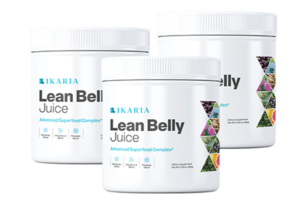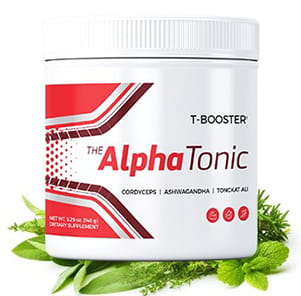Many elements of your health, including your chance of developing chronic diseases such as heart disease, diabetes, and cancer, can be influenced by what you eat.
Your food, in particular, has a significant impact on the development of cancer. A diet rich in whole foods may help lower your chance of acquiring cancer and slow the progression of cancer.
Many foods include beneficial chemicals that may aid in the prevention of cancer progression.
Several studies also show that a higher intake of certain foods could be associated with a lower risk of the disease.
The following 15 cancer-fighting foods could lower your risk of developing cancer.
1. Carrots.
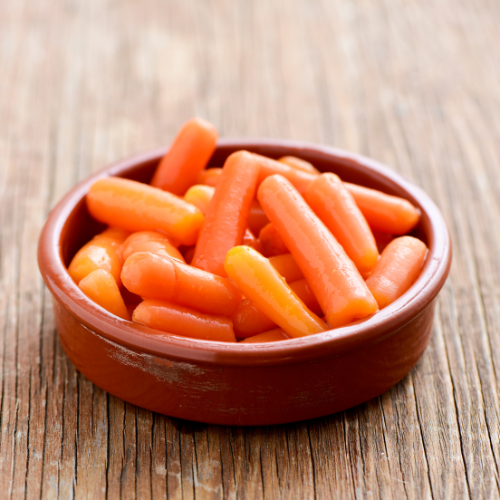
Several studies have revealed that eating more carrots is associated with a lower risk of various cancers.
According to one study, eating more carrots was related to a lower risk of acquiring prostate cancer.
Another study looked at the diets of 1,300 people with and without lung cancer. It was discovered that current smokers who did not consume carrots were three times more likely to get lung cancer than those who consumed carrots more than once per week.
Try including carrots into your diet as a healthy snack or delicious side dish just a few times per week to increase your intake and potentially reduce your risk of cancer.
Remember, these studies only show the association between carrot consumption and cancer but don’t account for other factors that may play a role.
2. Garlic.
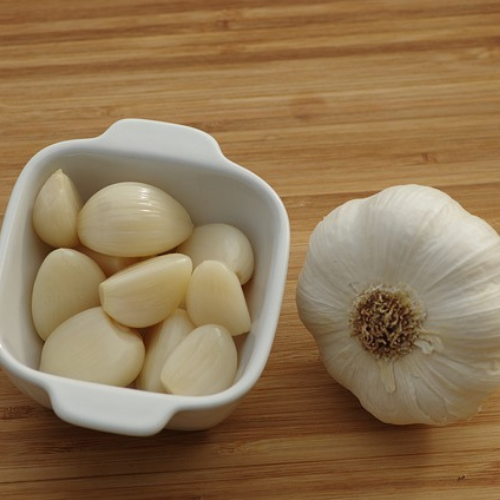
Garlic’s main ingredient is allicin, a chemical that has been demonstrated in many test-tube studies to kill cancer cells.
Several studies have identified a link between garlic consumption and a lower risk of various cancers.
One study discovered that those who ate a lot of Allium vegetables such as garlic, onions, leeks, and shallots had a decreased risk of stomach cancer than those who ate them rarely.
A study of 500 men found that eating more garlic was connected with a lower incidence of prostate cancer.
Another study discovered that people who ate a lot of garlic, as well as fruit, deep yellow veggies, dark green vegetables, and onions, had a lower risk of developing colorectal cancers. However, the effects of garlic were not isolated in this investigation.
According to these studies, incorporating 2-5 grams (about one clove) of fresh garlic into your daily diet will help you reap the benefits of its health-promoting properties.
Despite the hopeful findings linking garlic to a lower risk of cancer, additional research is needed to determine whether other factors are involved.
3. Berries.
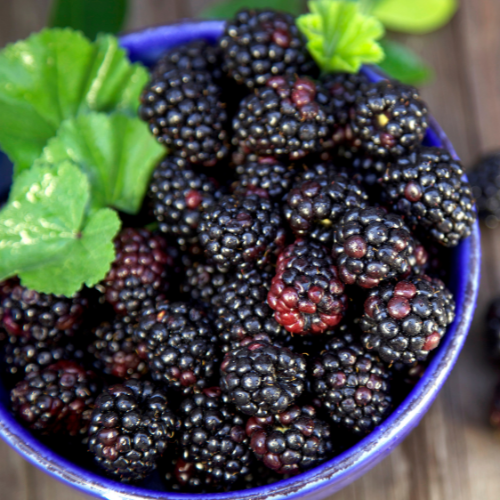
Berries are high in anthocyanins, plant pigments that have antioxidant properties and may be associated with a reduced risk of cancer.
One animal study found that giving rats freeze-dried black raspberries reduced esophageal tumor incidence and decreased the number of tumors.
In one human study, 25 people with colorectal cancer were treated with bilberry extract for seven days, which was found to reduce the growth of cancer cells.
Another small study gave freeze-dried black raspberries to patients with oral cancer and showed that it decreased levels of certain markers associated with cancer progression.
Similarly, another animal study showed that giving rats a berry extract was found to inhibit several biomarkers of cancer.
Based on these findings, including a serving or two of berries in your diet each day may help inhibit the development of cancer.
Keep in mind that these are animal and observational studies looking at the effects of a concentrated dose of berry extract, and more human research is needed.
4. Broccoli.
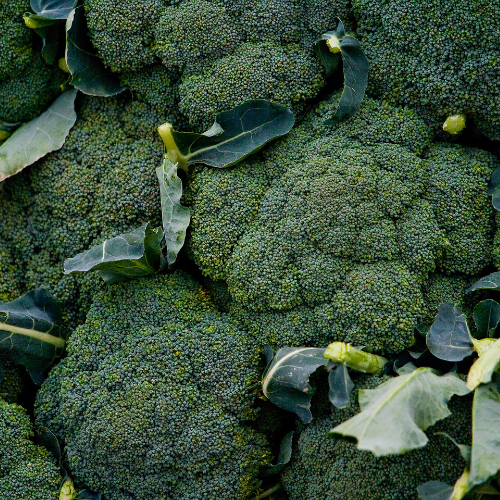
Sulforaphane, a plant chemical present in cruciferous vegetables that may have significant anticancer activities, is found in broccoli.
Sulforaphane was found to lower the size and number of breast cancer cells in one test-tube investigation.
Similarly, an animal study discovered that giving sulforaphane to mice helped kill prostate cancer cells and reduced tumor volume.
Some studies have also discovered that eating more cruciferous vegetables, such as broccoli, may be connected to a lower risk of colon cancer.
Including broccoli in a couple of meals per week may have cancer-fighting properties.
However, keep in mind that the available research hasn’t looked directly at how broccoli may affect cancer in humans.
Instead, it has been limited to test-tube, animal, and observational studies that either investigated the effects of cruciferous vegetables or a specific compound in broccoli. Thus, more studies are needed.
5. Tomatoes.

Lycopene is a chemical present in tomatoes that gives them their bright red color as well as anticancer capabilities.
Several studies have suggested that increasing your intake of lycopene and tomatoes may lower your risk of prostate cancer.
Include a serving or two of tomatoes in your diet each day to help improve your intake by adding them to sandwiches, salads, sauces, or pasta dishes.
Remember that while these studies suggest a link between consuming tomatoes and a lower risk of prostate cancer, they do not account for other factors that could be at play.
6. Beans.
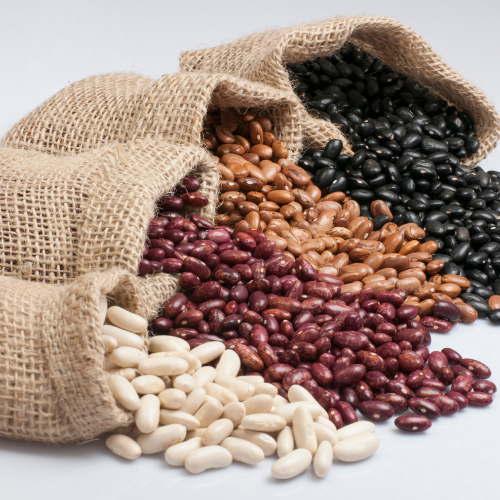
Beans are high in fiber, which may help protect against colon cancer, according to some research.
One study tracked persons with a history of colorectal malignancies and discovered that those who ate more cooked, dry beans had a lower chance of tumor recurrence.
Consuming a few servings of beans each week may improve your fiber intake and possibly lessen your chance of developing cancer, according to these findings.
Current research, however, is restricted to animal studies and trials that suggest association but not causality. More research is needed to investigate this in humans.
7. Olive Oil.
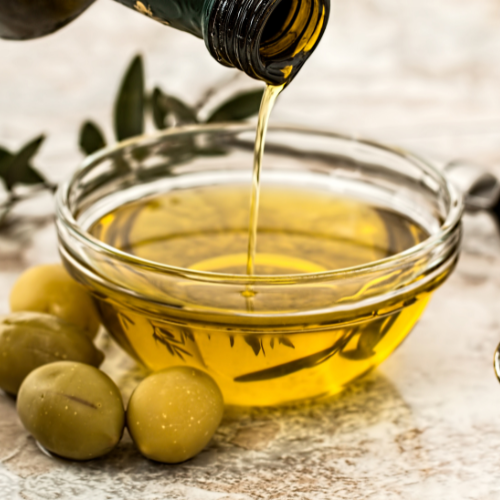
Olive oil is packed with health advantages, so it’s no surprise that it’s a mainstay of the Mediterranean diet.
Several studies have even discovered that consuming more olive oil may help prevent cancer.
According to studies, persons who consumed the most olive oil had a decreased risk of acquiring breast cancer and stomach cancer than those who consumed the least.
Another study looked at cancer rates in 28 nations and discovered that areas with higher consumption of olive oil had a lower incidence of colorectal cancer.
Simply substituting olive oil for other oils in your diet is a simple approach to reap its health benefits. You can sprinkle it over salads and cooked vegetables, or use it in pork, fish, or chicken marinades.
Though these studies suggest a link between olive oil consumption and cancer, other factors are most likely at play. More research is needed to investigate the direct effects of olive oil on cancer in humans.
8. Nuts.
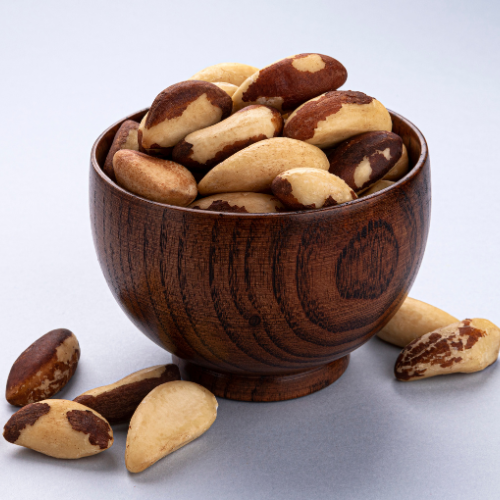
According to research, consuming nuts may reduce the risk of certain types of cancer.
For example, one study examined the diets of thousands of people and discovered that eating more nuts was connected with a lower chance of dying from cancer.
Other studies have discovered that some types of nuts may be associated with a lower risk of cancer.
Brazil nuts, for example, are high in selenium, which may help protect against lung cancer in people with low selenium levels.
Similarly, one animal study discovered that feeding walnuts to mice reduced the development rate of breast cancer cells and the number of tumors.
These results suggest that adding a serving of nuts to your diet each day may reduce your risk of developing cancer in the future.
9. Turmeric.
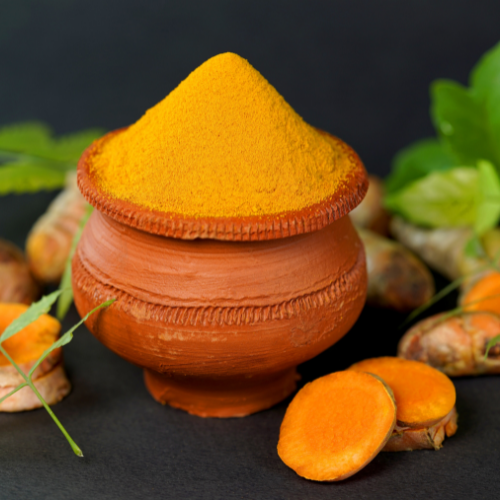
Turmeric is a spice well-known for its anti-inflammatory qualities. Its active element, curcumin, is a compound having anti-inflammatory, antioxidant, and even anticancer properties.
One study looked at the impact of curcumin on numerous patients who had potentially malignant tumors in their colons. The number of lesions was reduced by roughly 40% after 30 days of receiving 4 grams of curcumin daily.
Curcumin has also been proven to decrease the growth of cancer cells in the lung, breasts, and prostate.
Aim for at least 1/2-3 tablespoons (1-3 grams) of ground turmeric each day for the best outcomes. Use it as a ground spice to flavor meals, and combine it with black pepper to increase absorption.
10. Citrus Fruits.
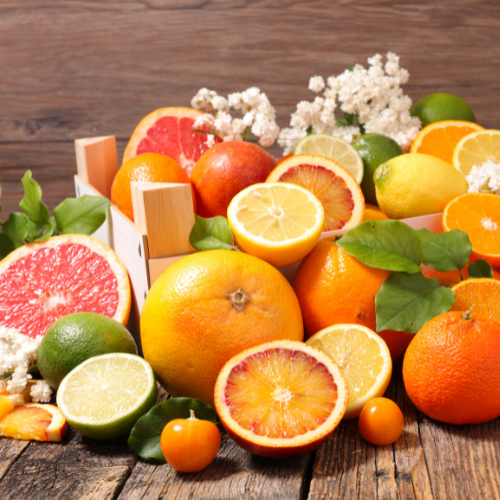
Some studies have linked eating citrus fruits including lemons, limes, grapefruits, and oranges to a lower risk of cancer.
According to one major study, people who ate more citrus fruits had a lower chance of acquiring digestive and upper respiratory tract malignancies.
According to this research, eating a few servings of citrus fruits each week may reduce your risk of acquiring some types of cancer.
Keep in mind that these studies do not take into consideration any other factors that may be present. More research is needed to determine how citrus fruits directly affect cancer development.
11. Fatty Fish.

According to some research, eating a few meals of fish each week may lower your risk of cancer.
One study revealed that eating more fish was linked to a lower risk of digestive system cancer.
Another study that tracked hundreds of thousands of adults discovered that eating more fish reduced the risk of developing colorectal cancer, whereas red and processed meats raised it.
Fatty fish, in particular, include vital minerals such as vitamin D and omega-3 fatty acids, which have been linked to a lower risk of cancer.
Aim for two servings of fatty fish per week to get a hearty dose of omega-3 fatty acids and vitamin D, and to maximize the potential health benefits of these nutrients.
12. Flaxseed.
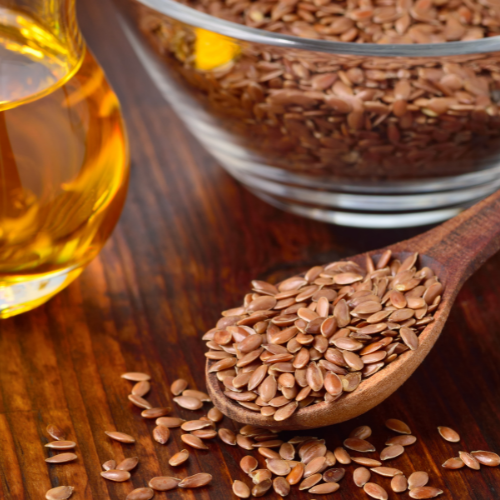
Flaxseed is high in fiber and heart-healthy lipids, making it a nutritious addition to your diet.
Some studies suggest that it may even assist to slow cancer growth and kill cancer cells.
For almost a month, women with breast cancer were given either a flaxseed muffin or a placebo. The flaxseed group had lower levels of particular tumor development indicators at the end of the research, as well as an increase in cancer cell death.
Try putting one tablespoon (10 grams) of ground flaxseed into your smoothies, sprinkling it over cereal and yogurt, or adding it to your favorite baked products every day.
13. Cinnamon.
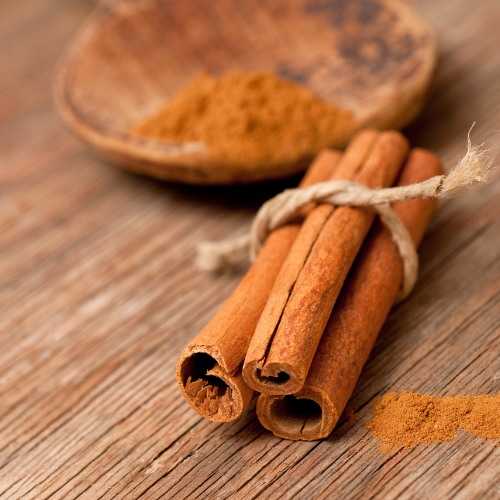
Cinnamon is well-known for its medicinal properties, including its ability to lower blood sugar and reduce inflammation.
Furthermore, several test-tube and animal research have revealed that cinnamon may aid in the prevention of cancer cell spread.
An animal study found that cinnamon extract promoted cell death in tumor cells and reduced tumor growth and spread.
Incorporating 1/2-1 teaspoon (2-4 grams) of cinnamon into your daily diet may help prevent cancer and may have additional advantages such as lower blood sugar and less inflammation.
More research is needed, however, to understand how cinnamon may affect cancer development in individuals.
14. Grapes.

Resveratrol, an antioxidant found in red grape skins, has showed promise as a cancer-fighting agent. Some researchers feel that with more research, it could be used as a cancer therapeutic.
Grapes and grape seeds include the following compounds, in addition to resveratrol, that have antioxidant and perhaps cancer-fighting properties:
- flavonols
- phenolic acids
- anthocyanins (in red and purple grapes)
- tannins and proanthocyanidins
- catechins
15. Apples.

Apples contain polyphenols that have anticancer qualities, hence the adage “an apple a day keeps the doctor away” may be true.
Polyphenols are plant-based chemicals that have been shown to reduce inflammation, cardiovascular disease, and infections.
According to some studies, polyphenols may affect specific pathways that can lead to cancer formation.
According to one 2018 study, apple phloretin greatly suppresses the proliferation of breast cancer cells while having no effect on healthy cells.
This polyphenol inhibits the glucose transporter 2 (GLUT2) protein, which is involved in advanced-stage cell proliferation in certain forms of cancer.
The Bottom Line:
As new evidence emerges, it becomes evident that your food might have a substantial impact on your risk of cancer.
Although many meals have the potential to inhibit cancer cell spread and proliferation, the present research is restricted to in vitro, animal, and observational studies.
More research is needed to determine how these foods may influence cancer development in humans.
Meanwhile, it’s a good bet that a whole-food diet and a healthy lifestyle will improve many elements of your health.


